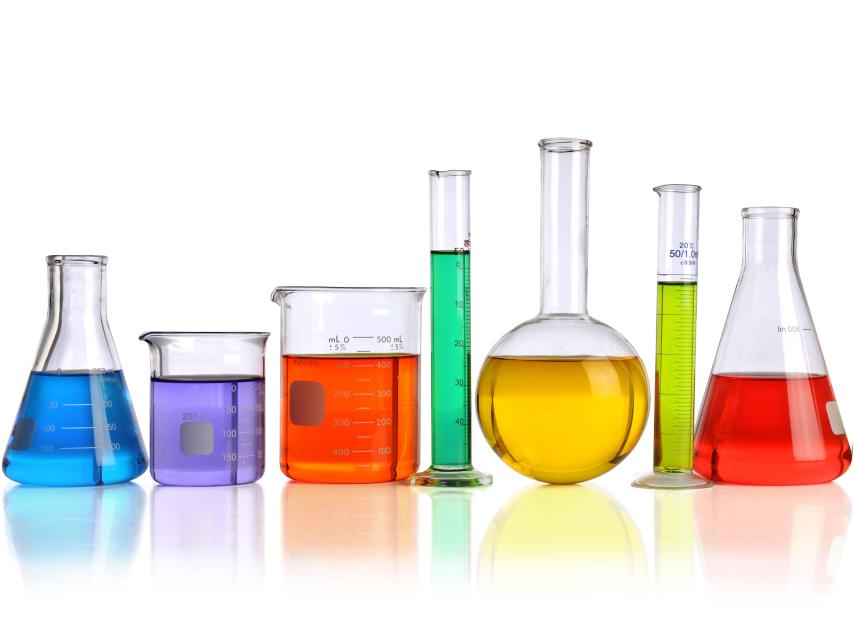ISO 10304 Determination of Anions in Water by Ion Chromatography
The ISO 10304 standard provides a precise and reliable method for determining anions in water samples using ion chromatography. This technique allows for the accurate quantification of various anions such as chloride, bromide, iodide, nitrate, nitrite, fluoride, and phosphate ions.
Ion chromatography is a form of liquid chromatography that separates charged species on the basis of differences in their affinity for an ion-exchange stationary phase. This method ensures high sensitivity and selectivity, making it particularly suitable for trace analysis in water samples.
The procedure involves several critical steps including sample preparation, conditioning, injection, and detection. Sample preparation typically requires filtering the water through a 0.45 μm filter to remove particulates that could interfere with the chromatographic process.
The conditioned sample is then introduced into the ion chromatography system where it passes through an anion exchange column. The ions in the solution are separated based on their affinity for the stationary phase, and they elute from the column at different times depending on their chemical properties.
Detection of the separated ions is achieved using a conductivity detector which measures changes in electrical conductance as the ions pass through it. The data collected is then analyzed to determine the concentration of each ion present in the sample.
The accuracy and precision of this method are enhanced by the use of certified reference materials (CRMs) and strict adherence to standard operating procedures (SOPs). This ensures that results can be reproduced consistently across different laboratories, making ISO 10304 a robust choice for regulatory compliance and quality assurance.
Compliance with this standard is crucial in sectors such as water treatment, environmental monitoring, pharmaceutical manufacturing, and food processing. In these industries, the presence of trace levels of anions can have significant implications on product safety and quality.
The use of ion chromatography for determining anions in water by ISO 10304 is widely recognized for its ability to provide reliable and accurate results. This method supports regulatory requirements such as those set out by the United States Environmental Protection Agency (EPA) and European Union Directives on drinking water quality.
Adherence to this standard helps ensure that products meet stringent quality standards, thereby protecting public health and the environment. By providing comprehensive testing services based on ISO 10304, our laboratory offers clients peace of mind knowing their samples are being analyzed with industry-leading precision and accuracy.
Industry Applications
The ISO 10304 standard finds extensive application across various industries where water quality is critical. Some key sectors include:
- Water Treatment Plants: Ensuring the removal of harmful anions before distribution to consumers.
- Environmental Monitoring: Detecting pollution levels in natural bodies of water and assessing compliance with environmental regulations.
- Pharmaceutical Manufacturing: Guaranteeing that drug products meet strict purity requirements by eliminating traces of unwanted ions.
- Food Processing: Maintaining product safety standards by ensuring the absence of harmful anions in beverages or other processed foods.
In each of these industries, accurate determination of anions is essential for maintaining high-quality products and ensuring compliance with relevant regulations.
Competitive Advantage and Market Impact
- Precision: ISO 10304 ensures that results are highly precise, allowing for accurate quantification of trace anions in water samples.
- Consistency: By following standardized procedures, our laboratory guarantees consistent results across different batches and sites.
- Regulatory Compliance: Adherence to international standards enhances confidence among stakeholders regarding the reliability of test outcomes.
- Client Satisfaction: Providing accurate data helps clients make informed decisions that contribute positively to their operations and reputation.
The implementation of ISO 10304 supports our commitment to excellence, enabling us to stand out in a competitive market. Our adherence to this standard demonstrates our dedication to delivering top-tier services that meet the highest standards of quality assurance.
Use Cases and Application Examples
The ISO 10304 method is particularly useful for:
- Drinking Water Quality Assurance: Detecting potential contaminants like nitrate or fluoride that may pose health risks.
- Industrial Wastewater Treatment: Monitoring the effectiveness of treatment processes by ensuring all targeted anions are removed.
- Agricultural Irrigation Systems: Checking for salinity levels which can affect crop yields and soil quality.
- Pharmaceutical Manufacturing Processes: Verifying the purity of water used in production to prevent contamination.
These examples illustrate how ISO 10304 plays a crucial role in ensuring safe, high-quality products across diverse industries. By leveraging this standard, businesses can enhance their operational efficiency and customer satisfaction.





